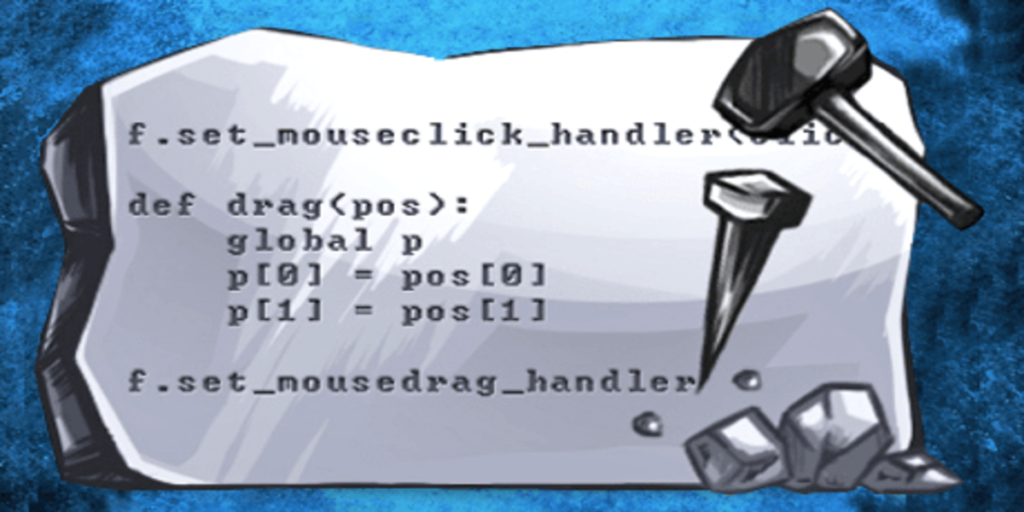
Overview
This two-part course is designed to help students with very little or no computing background learn the basics of building simple interactive applications. Our language of choice, Python, is an easy-to learn, high-level computer language that is used in many of the computational courses offered on Coursera. To make learning Python easy, we have developed a new browser-based programming environment that makes developing interactive applications in Python simple. These applications will involve windows whose contents are graphical and respond to buttons, the keyboard and the mouse.
In part 1 of this course, we will introduce the basic elements of programming (such as expressions, conditionals, and functions) and then use these elements to create simple interactive applications such as a digital stopwatch. Part 1 of this class will culminate in building a version of the classic arcade game “Pong”.
Syllabus
- Week 0 – Statements, expressions, variables
- Understand the structure of this class, explore Python as a calculator
- Week 1 – Functions, logic, conditionals
- Learn the basic constructs of Python programming, create a program that plays a variant of Rock-Paper-Scissors
- Week 2 – Event-driven programming, local/global variables
- Learn the basics of event-driven programming, understand difference between local and global variables, create an interactive program that plays a simple guessing game
- Week 3 – Canvas, drawing, timers
- Create a canvas in Python, learn how to draw on the canvas, create a digital stopwatch
- Week 4 – Lists, keyboard input, the basics of modeling motion
- Learn the basics of lists in Python, model moving objects in Python, recreate the classic arcade game “Pong”

